It is a biblical principle that true repentance begets obedience. Those who have repented of their sin seek to obey the will of the Lord.
Summary
Jesus’ triumphal entry into Jerusalem in Matthew 21 marks a pivotal moment in His ministry, one characterized by divine authority. Riding on a donkey in fulfillment of prophecy, He is hailed by the people as the promised Son of David. Upon entering the temple, however, Jesus confronts the corruption of the religious leaders, drives out the merchants, and restores the temple as a house of prayer. This dramatic display of power and judgment underscores the central theme of the chapter: Christ’s authority. When the religious elites—chief priests, scribes, Pharisees, and Sadducees—later challenge Him, asking by what authority He acts, they are not merely questioning His recent actions, but His entire ministry. In doing so, they arrogantly place themselves as judges over God incarnate, exposing the hardness of their hearts and their unwillingness to recognize the truth.
Jesus, in turn, responds with a counter-question about the baptism of John, placing them in a dilemma. If they affirm John’s divine calling, their unbelief is exposed; if they deny it, they risk the wrath of the people who regarded John as a prophet. Their silence reveals their fear and their duplicity. To further reveal their hearts, Jesus then presents the parable of the two sons. The first son initially refuses to obey his father but later repents and does what is asked. The second son, while outwardly respectful and compliant, fails to follow through. Through this simple yet profound parable, Jesus exposes a spiritual reality: true obedience is not measured by profession but by repentance and action. The first son represents those who turn from sin and submit to God’s will, while the second son symbolizes the religious leaders—polite in speech but rebellious in heart.
This parable carries deep implications for family, faith, and discipleship. Jesus’ reference to a father commanding his sons serves as a broader lesson to all parents—especially fathers—on the importance of training children to work diligently and obey with sincerity. Using Scripture from Proverbs and Ephesians, the teaching expands to emphasize that slothfulness breeds poverty and shame, while obedience and hard work cultivate wisdom and blessing. Spiritual obedience, like physical diligence, must be taught and modeled in the home. A child trained to honor authority—both earthly and divine—will walk in the ways of righteousness. The parable ultimately points beyond the domestic sphere to a greater spiritual reality: just as the first son repents and obeys, so too must sinners turn from their rebellion and yield to the call of the Father.
Jesus’ application of the parable is clear and confrontational. Tax collectors and prostitutes—those considered morally unclean—enter the kingdom of God ahead of the self-righteous religious elite. Why? Because they repented at the preaching of John and believed the gospel. The religious leaders, on the other hand, refused to acknowledge their sin and deceived themselves into thinking they were already righteous. Though they witnessed the transformation of those who repented, their pride kept them from doing likewise. Their failure to believe was not due to lack of evidence but lack of humility. In rejecting John’s message and, by extension, Christ Himself, they proved themselves not sons of God but sons of disobedience. Their lip-service to God veiled hearts filled with rebellion and deceit.
As the parable closes, it calls every listener to self-examination. We are all, without exception, like one of the two sons. Either we have responded to the gospel in repentance and obedience, or we have merely professed belief without transformation. The first path leads to life, the second to condemnation. The question remains: which son are you? Let the prayer of Juan Valdez become our own—submitting our will to the Father’s, trusting that His will alone is good. For those yet to repent and believe, the invitation stands open today: turn from sin, trust in Christ, and walk in the will of the Father. For in the authority of Jesus is also found the power to transform, forgive, and restore.






